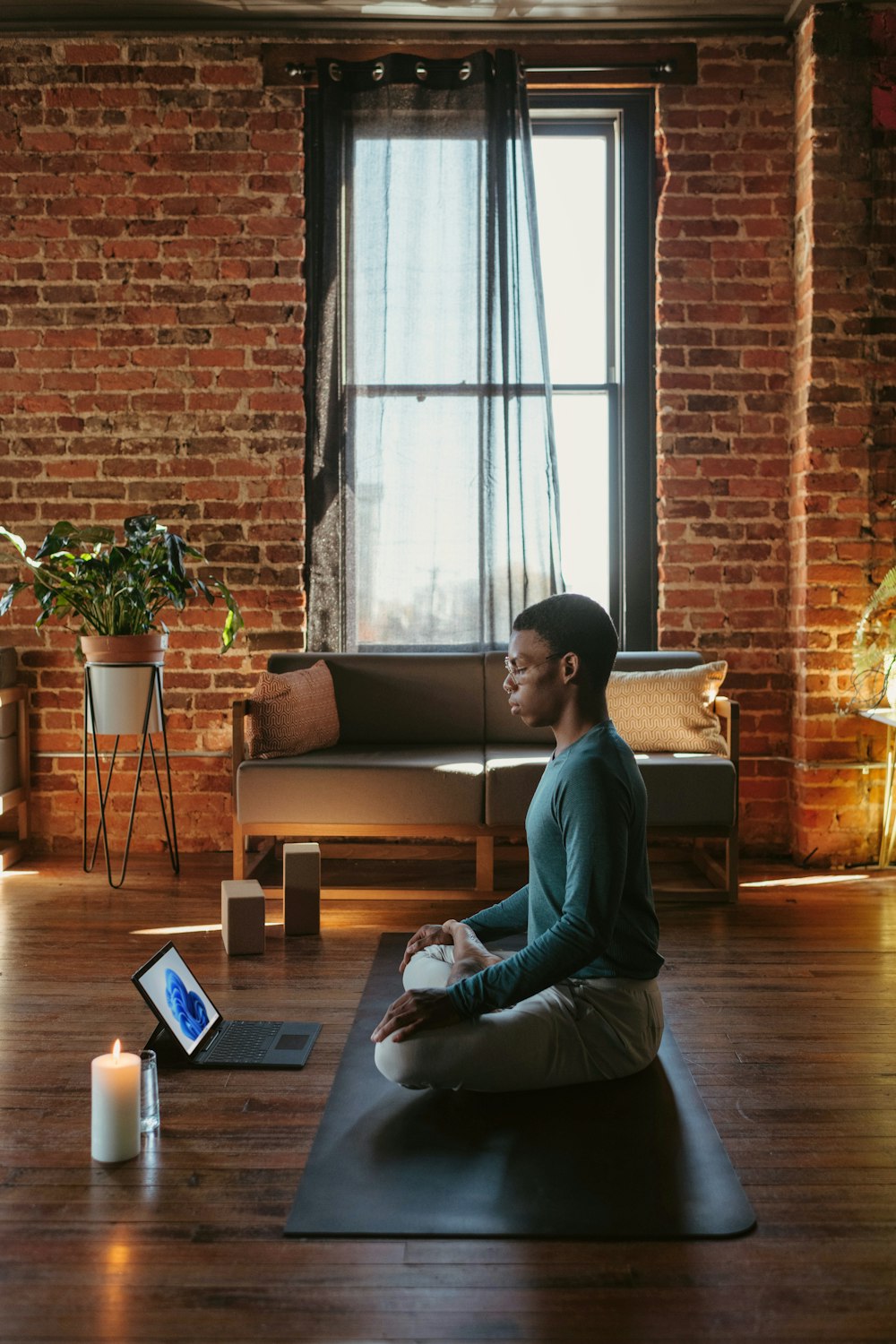
Meditation is an extremely helpful and healthy practice that can bring about unthinkable positive changes in your body and mind. It is also instrumental in increasing mindfulness and giving you a more sound and Meditation is an extremely helpful and healthy practice that can bring about unimaginable positive changes in your mind and body. It enhances mindfulness and provides you with a sound and balanced mind, capable of handling any situation, difficult or easy, effortlessly. During meditation, it has been observed that we see colors. Although many people might still be unaware of this phenomenon, it is a very natural occurrence. The colors of meditation have symbolic meanings that can represent personal growth, spiritual enlightenment, psychological understanding, physical healing, and age-old wisdom.
Understanding the meanings of the different colors seen during meditation requires some analysis because a single color can embody multiple meanings depending on your culture, age, and experience. It is necessary to understand the different layers of the colors of meditation to avoid misinterpretation.
The Colours of Meditation Delineated for you
It is possible to see around 7 million colors during meditation. Here are the different types of colors usually seen during meditation and their hidden meanings:
- Seeing the colour purple during meditation
- Seeing the colour pink during meditation
- Seeing the colour yellow during meditation
- Seeing the colour red during meditation
- Seeing the colour black during meditation
- Seeing the colour orange during meditation
- Seeing the colour blue during meditation
Seeing Purple Colour During Meditation
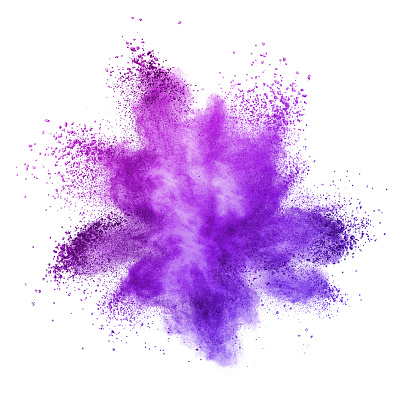
Visualizing the color purple during meditation indicates imagination and spirituality. Purple is an introspective color that enables us to connect more intensely with our innermost thoughts. It helps us widen our awareness and connect with the higher level of thoughts that surround our realm of consciousness. This ability of the color purple to establish a connection with the higher levels of consciousness has led it to be related to the transformation of one’s soul.
The purple color is often associated with nobility, royalty, and people of rank and honor. However, it should be used with care and in small amounts, especially for people affected by depression or exhibiting depressive tendencies. This is because an excessive amount of the color purple can aggravate and induce depressive states in people.
Seeing Pink Colour During Meditation
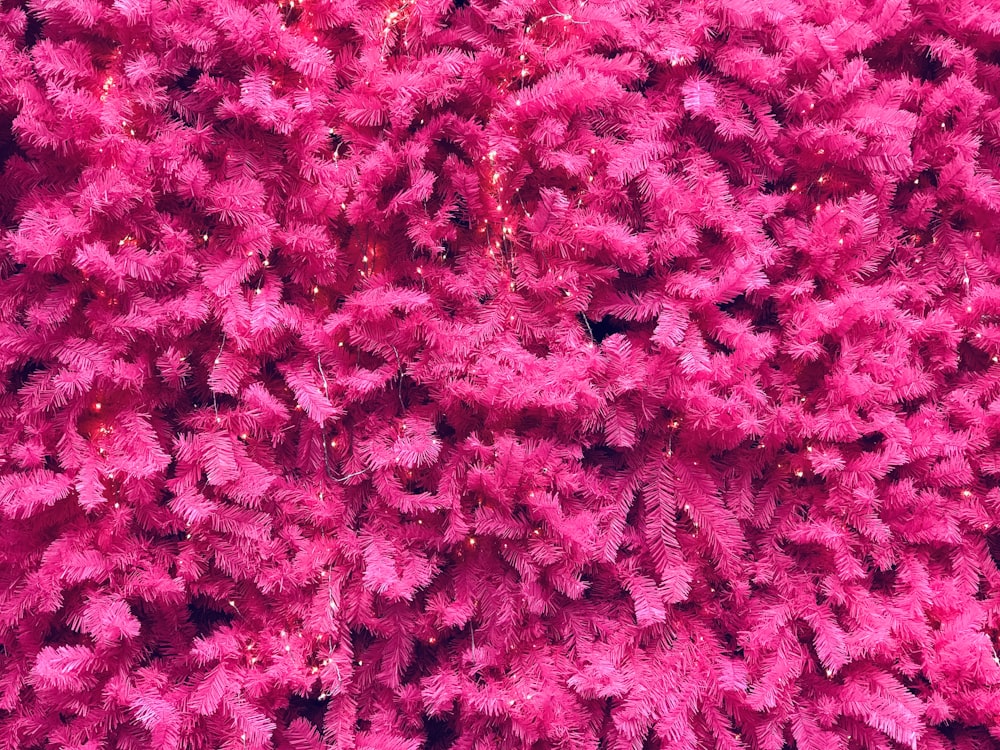
The hot pink or pink colors signify unconditional love and the necessity of nurturing people around you. Pink is a combination of red and white that amalgamates passion and need for action instigated by the color red with a sharp understanding and the capacity for success through the purity and candor linked to the color white.
Pink is usually considered a color associated with femininity and womanliness. It also has romantic overtones that encapsulate thoughtfulness, care, and tender intimacy. Hot pink has a more sensual connotation of love that is representative of a playful, bantering sort of mood. It represents a more passionate longing, an irrepressible desire for warmth, happiness, and love for life. The nurturing aspect of the pink color is contained in the giving and receiving of love.
Seeing Yellow Colour During Meditation

The color yellow is connected to the intellectual aspect of a human being and the degree of knowledge that you possess. It belongs more to the rational individual than to an emotional and fantastical dreamer. The relation of yellow color with the intellect is because there is a connection between the yellow color and the left side of our brain, also known as the ‘logic side.’ This association stimulates the perception of our minds and improves mental adroitness.
Yellow color is also implicative of creativity, newly emerging ideas, as well as newly discovered skills for resolving issues. The color is often associated with spirit-lifting, optimistic, cheerful, lively, and hopeful connotations by virtue of being situated at a high position on the color spectrum and its light hues. It is also related to our sense of self-esteem and ego. However, an excess of yellow can lead to anxiousness because of its fast-paced vibrations.
Seeing Red Colour During Meditation
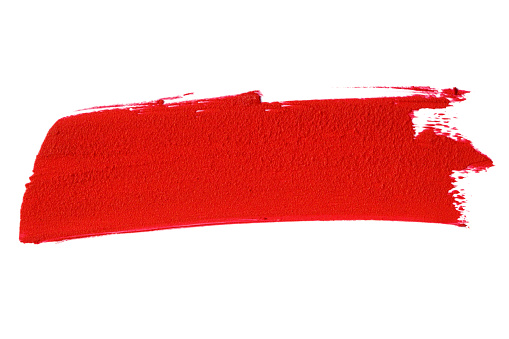
Red color is implicative of energy, strength, passion, and courage. It signifies the physical aspects of our lives, such as our basic needs, including food, shelter, and safety. The color red stimulates our appetite and induces a sense of urgency, which might help when we are facing difficult
The red colour is also used for expressing potential and influential emotions such as love. The passionate nature of this colour leads us to associate it with sexuality and carnal desires. It can also stimulate our appetite causing us to nourish our body very well. Too much exposure to the red colour might invite emotions of violence, anger, intolerance and irritation while a lack of it might make us fearful and apprehensive. Thus, it is very necessary to strike a fair balance.
Seeing Black Colour During Meditation

The concept of black color in meditation signifies the hidden aspects of human nature that we usually keep to ourselves. It is considered to be a protective color that shields a meditator from emotional stress. However, too much of it can lead to depressive loneliness and negative secrecy. Black is also believed to symbolize power and control, as it conceals information that is not visible to the layman’s eye.
It’s kind of diametrically opposed to the white colour which exposes and unravels all the darkest, deepest secrets that black seeks to hide. The black colour also symbolizes power and control because it conceals a lot of information that is not visible to the layman’s eye. Self-control, independence and strong willpower are some of the qualities that the colour black implies. Black is also instrumental in removing the negative energies overshadowing your mind. An excess of the black colour, again, can signify depressive loneliness and negative secrecy.
Seeing Orange Colour During Meditation
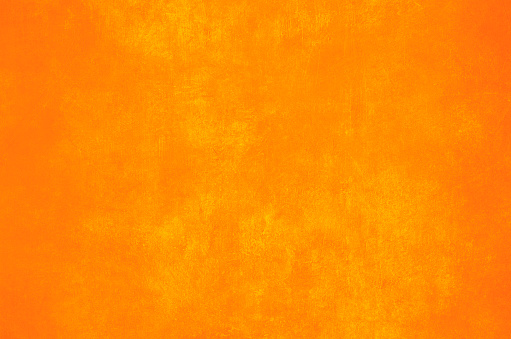
The orange colour generally, is representative of warmth and compassion, radiance and exuberance since On the other hand, orange represents warmth, compassion, and social connection. It is associated with the jolliness of yellow and the stimulation of red. Orange promotes a spirit of adventure, independence, and curiosity, and encourages people to follow their gut instincts, providing them with emotional strength and support.
The colour orange is also believed to have psychological impacts with spirit-lifting attitudes and optimism that can considerably rejuvenate bodies and minds. Due to the amalgamation of ideas and a free spirit that this colour encourages, it is even associated with adventure, independence, competition and curiosity. Orange also facilitates social rapport and better communication skills because of its warm and interactive nature, vivacity and boisterousness that encourage good conversation. Young, warm-blooded people are usually seen to respond better to orange due to its youthful characteristic.
Seeing Blue Colour During Meditation

Blue, on the other hand, is associated with trust, loyalty, and responsibility. It helps reduce anxiety and restore calm, making it a perfect color for meditation. However, the blue color can also be stubborn when confronted with new ideas or sudden changes, as it tends to relate all experiences, present and future, to the past.
This colour acts more like a giver than a receiver and this is demonstrated in the quality of its relationships. However, the blue colour, despite all its calming attitude, might as well prove to be stubborn when placed in front of a new idea or a sudden change. The colour blue is situated in the past and tends to relate all experiences- present and future, to the past.
Thus, these are some of the colours which you very commonly see during meditation. We hope that you got a more comprehensible and clear idea of these colours after going through this article.
Download the Evolve App to perform fun journeys that enable you to explore your mind and body and improve your mental wellness in a way that you have never before.
Damayanti Dubey is a final year English major at Loreto College, Kolkata. She is a writer by passion and loves to indulge in languages, especially English, Bengali, and Urdu. She aims at exploring all of their intricacies and nuances. Damayanti is a disciple of Padma Bhushan Pandit Ajoy Chakraborty and is a national scholar of Indian classical music. She has always believed that a sound mind, free from the clutches of regressive and negative thoughts is the key to living a healthy life and makes efforts to promote mental wellness through the power of her words.
Damayanti believes in thinking beyond boundaries.